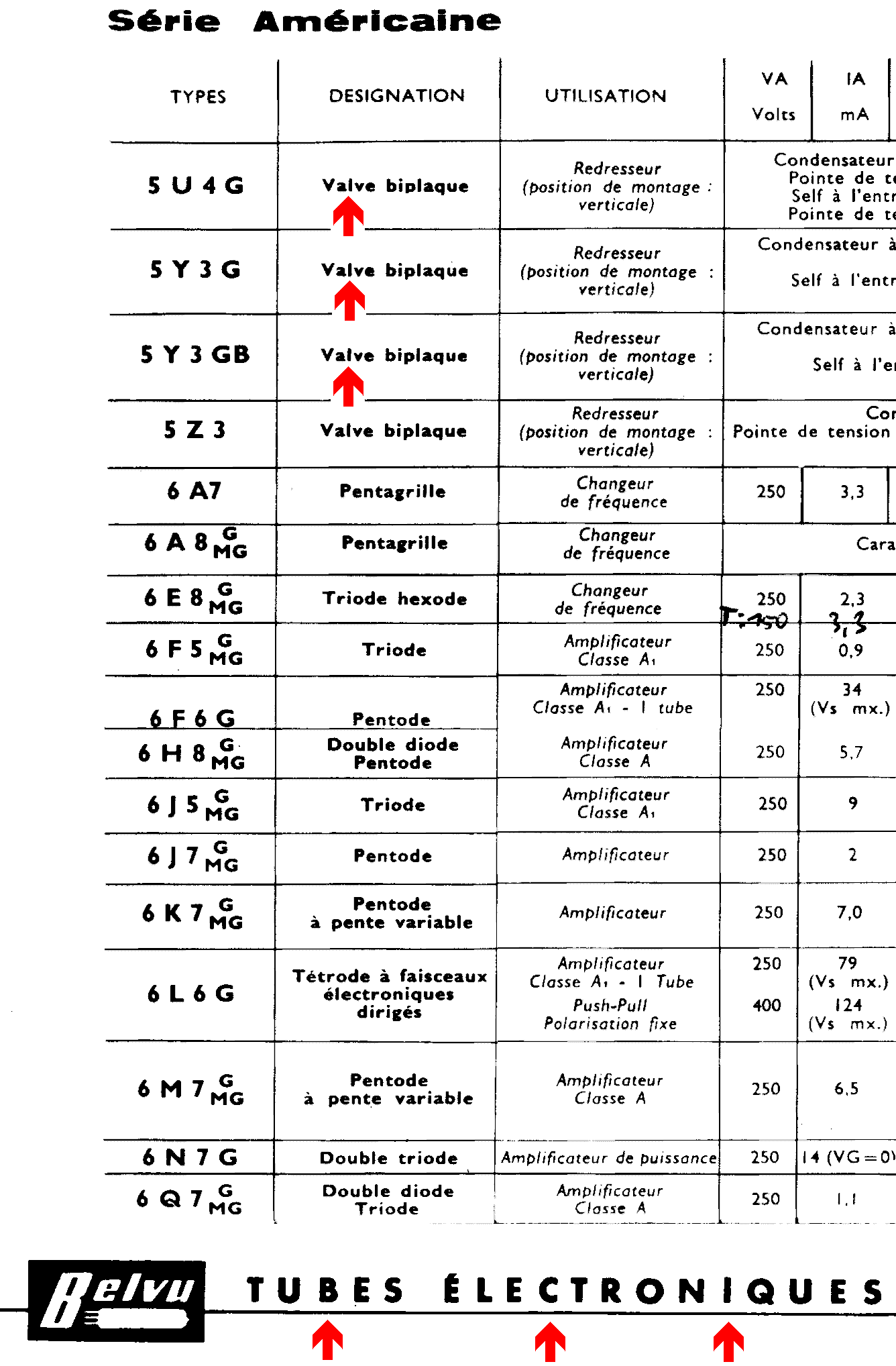British Valve production up to late '50's
British Valve production up to late '50's
Dear members,
I recently found a link for a British report to parliament giving details of valve production in Britain from earliest days up until the late 1950's.
The full report is quite a big download, but a page giving links to the individual chapters is available. Chapter 2 has perhaps most general interest, so here is the link for that -
www.competition-commission.org.uk/
Being an official report, I would expect this to be accurate and authentic, and though it isn't really concerned with individual valve types, I would rate it as a valuable and interesting document. The page leading to all chapters is here -
To thank the Author because you find the post helpful or well done.

thank you for this good link. The whole report is very interesting and gives a good overview about britain valve production.
But I have a question: In this report they tell about tubes and valves. What is the difference in great britain?
Best regards from munich bavaria, Hans-Thomas
To thank the Author because you find the post helpful or well done.
Tubes and Valves
To thank the Author because you find the post helpful or well done.
To thank the Author because you find the post helpful or well done.
at the land of valves
To thank the Author because you find the post helpful or well done.

thank you very much for your answers. The using of the word valve in GB is well known.
But in the report, named in the first post, they differentiate between tubes and valves.
For example here:
Table on page 3 of the pdf
http://www.competition-commission.org.uk/
rep_pub/reports/1950_1959/fulltext/020c03.pdf
I think, they mean radio valves and cathode ray tubes.
Best regards, Hans-Thomas
To thank the Author because you find the post helpful or well done.

may I draw Your attention to the fact that the famous Bernard B.Babani used the term
International Radio Tube Encyclopedia.
I don't know if he was British. Anyway the book was written, edited, and printed in UK..
Best regards,
KoBi
To thank the Author because you find the post helpful or well done.
To thank the Author because you find the post helpful or well done.
To thank the Author because you find the post helpful or well done.

thank you for the explainations. In Great Britain you use the term valve, in USA they use tube und here in Germany we tell it Röhre. There are the same things and its alright.
Babanis International Radio Tube Encyclopedia was firstly published in 1949. There were two later issues (2. 1954, 3. 1958) which were enlarged with tube supplements Book 1 to Book 4. These books were later separetely edited as Radio Valve Guide. The first three books are identical, the fourth nearly identic and the new fifth book contains modern tubes which are not listed in the Tube Encyclopedia. A sixth book is a cross interchange list.
The International Radio Tube Encyclopedia is one of the best tube data books I know, but it is very hard to get. I have seen it firstly in the Library of the Deutsches Museum in munich and searched it a very long time. After several years I have got it in Canada for a lot of money.
Best regards, Hans-Thomas
To thank the Author because you find the post helpful or well done.

To thank the Author because you find the post helpful or well done.
Spanish, Italian
To thank the Author because you find the post helpful or well done.
Kolben


(as advertised in the 'Rundfunk Jahrbuch 1929')
Kind Regards
Georg Richter
To thank the Author because you find the post helpful or well done.
Lamparas - Valvulas - Tubos (??)

This is an interesting topic and perhaps it is worth mentioning that in Argentina, we use the word "TUBO" to designate only the CRT or cathode ray tube used in television sets, while for vacuum tubes we use the word "VALVULA"
We do have a lot of british influence and perhaps that's the reason for the similar terminology. The word "lampara" was also used at some point but nowadays it is only used to name light bulbs.
"Radio Valvular" - tube radio or valve radio. ( Argentina)
The word TUBO is used to designate vacuum tubes in Chile and other latinamerican countries, for reasons that are not yet fully investigated :)
"Radio de tubos" (Chile)
Mario
To thank the Author because you find the post helpful or well done.


To thank the Author because you find the post helpful or well done.
Back to the roots

Mr. Roschy wrote:
At least after WWII even in
In the German language the translation for Valve is Ventil.
In the world of electronics: current flow in one direction only. And this is exactly the function of a rectifier, as we all know. And who invented (patented) the first rectifier? Indeed, Ambrose Fleming, an Englishman in 1904!
My conclusion: By using the wording “Valves” the British pay tribute to their great native inventor.
Greetings from The Netherlands
To thank the Author because you find the post helpful or well done.

Hallo,
noch eine Fundstelle, zu besichtigen im Schaltplan des Desmet 598:

Gruss,
Mark Hippenstiel
To thank the Author because you find the post helpful or well done.
